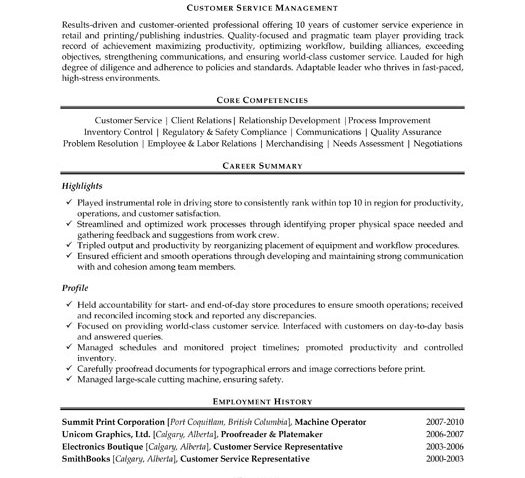COVER LETTERS
NB: The motivation (application) letter is usually used when applying for something e.g. for acceptance to a university, to a student programme, to a non-profit organization for voluntary work etc. … The cover letter is used when you apply for a job.
Application letter checklist:
- Identify the job by title and let the recipient know how you heard about it.
- Summarize your qualifications for the job, specifically your work experience, activities that show your leadership skills, and your educational background.
- Refer the reader to your enclosed resume.
- Ask for an interview, stating where you can be reached and when you will be available. If your prospective employer is located in another city and you plan to visit the area, mention the dates for your trip.
- If you are applying for a specific job, include any information pertinent to the position that is not included in your resume.
To save your reader time and to call attention to your strengths as a candidate, state your objective directly at the beginning of the letter.
As you write your application letter, be sure you complete three tasks: catch the reader’s attention favorably, convince the reader that you are a qualified candidate for the job, and request an interview.
RESUME OR CV?
NB:
- Length – The first and most notable difference between a CV and a Resume is how long each one of them is. A resume is kept short and brief (usually 1 page), whereas the CV is more comprehensive (it can go up to 2-3 pages depending on your experience).
- Function – The CV is mainly used for academical purposes, such as applying for a research program, a Ph.D., or joining the staff of a university. The resume, on the other hand, is written for a regular job in a company.
- Type of information you include – The CV is an academic diary where you include all your academic qualifications, achievements, and certifications. It is universal in nature as it can be updated as you go. Whereas, a resume has to be created (or at least customized) for each job you’re applying for, and has a bigger focus on your professional achievements, rather than academic.

